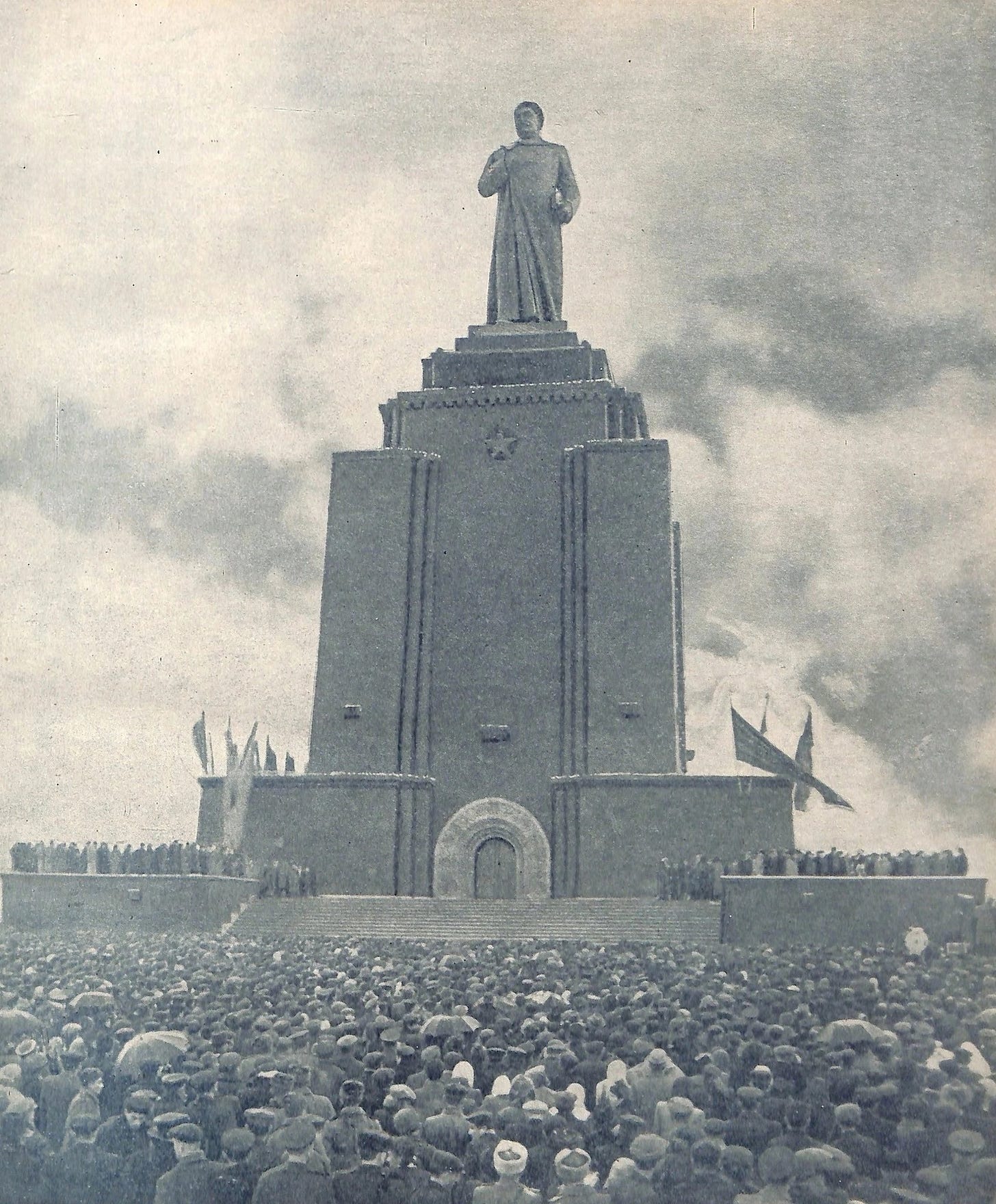
I am on a crowded bus on an inclined street. It’s sunny outside. Some outline of the street resembles Boylston where it merges with the Commons. But much steeper. I am telling a story of an intense religious, poetic, conversation, between two “bohemians”, two men in the past. I can see and feel that one passenger, who is with me on the bus, understands completely. Maybe he was there. I repeat the experience. The dream repeats itself, but it seems the conversation and poetic joy of the two men is even more vivid. They argue. The words have the rapturous quality, when you hear them, they engross you completely. It’s like an early memory that endures and lingers with joyous certainty.
I wake up, it takes time to comprehend…
The Shoa was a taboo until Elie Wiesel came and allowed everyone to speak. For twenty or thirty years, if you witnessed the Holocaust, no one accepted you, it wasn’t polite to talk about it. In real-time, Jews from Poland came to Secretary Henry Morgenthau, and he refused to believe. It was too horrible to admit and imagine. And then, after the war, the tragedy was no longer part of the polite conversation. Until Elie Wiesel gave everyone permission to speak.
Stalin was the hero and a shining example for the communists around the globe. In America, in Europe, they looked up to Stalin as the great hope, the salvation from the injustices of the cruel world. Until Aleksandr Solzhenitsyn found words to tell the Gulag Archipelago story in 1973. It took 30–40 years to have the permission to speak about the Gulag and the true face of communism under the mask.
Sabbatai Zevi waited four centuries for the great Gershom Sholem to paint his portrait. The devastated Jews wanted to forget the messianic eruption. Some needed to forget… Meanwhile, others opened a rebranded Shabbatean shop further to the east on the border with Turkey.
It will take years for people to recognize Rabbi Menachem Mendel Schneerson. When we witnessed, in real-time, the response was nothing but a scorn and rejection, insults and lasting injury. But there will come a man who will find words to tell the truth. Like Elie Wiesel, Aleksandr Solzhenitsyn, or Gershom Sholem, he will have a voice, and he will give others permission to speak. And they will see a troubled man, the insecurities, holding on to the bitter grudges, the vendetta. They will see the messianic cult of personality, similar to the totalitarian creeds of that cursed century, the selfish insistence on being the last Rebbe, the false and seductive promises. The merging of the tradition with Christianity. Everyone will see that the money traders were invited into the Temple. Everyone will see and honor the lives of the discarded. The voiceless holy jumpers, the buried alive. There are a great many of those buried alive, they linger in silent despair.
There are people who are ashamed to fit the money grabbing ideal of the current Chabad. They will see a movement that pretends to service God, but is worshiping the almighty dollar only. Where you don’t need to work, to build or create, but only plunder the Jewish legacy of the dying communities, the monuments left standing and empty. Invaders that come into towns to scavenge, to loot and to pillage under the flag of God. When you don’t take a position of moral calling unless it’s backed by the crude political power, paid for by the sacrifices of the weak. When you are not ashamed in your bones of the very word “public relations”. There will come a man who will find words to speak the truth. There will be enough time for the looters to convince themselves that no one had any idea.



Sharp points and analogy